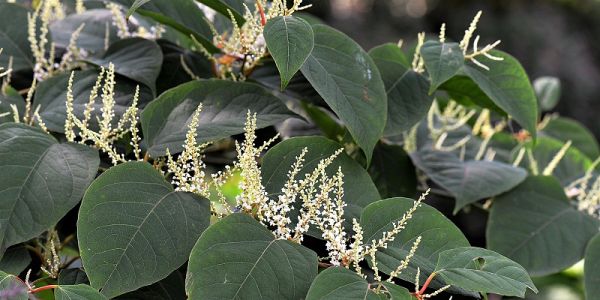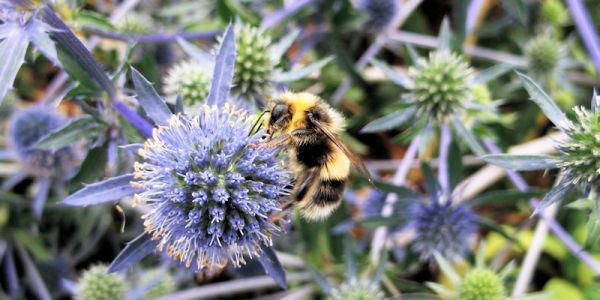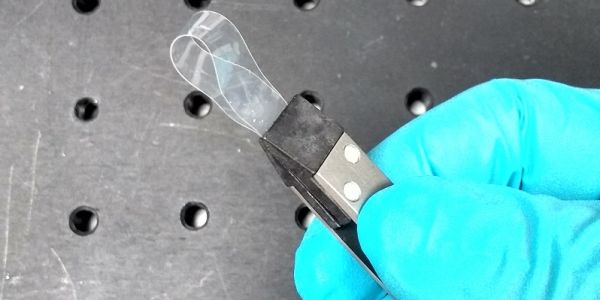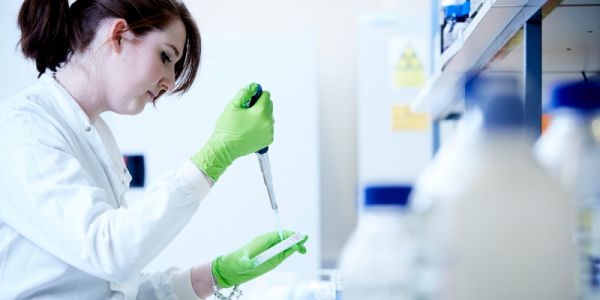
Leeds’ research on Japanese knotweed to drive Parliament debate
There is no evidence that Japanese knotweed causes more significant structural damage to buildings than many other plants, a Parliamentary committee will hear today.

There is no evidence that Japanese knotweed causes more significant structural damage to buildings than many other plants, a Parliamentary committee will hear today.

Given the pressures that pollinators face on agricultural land, cities could play an important role in conserving pollinators, according to a new study.

Astronomers have captured one of the most detailed views of a young star taken to date, and revealed an unexpected companion in orbit around it.

Scientists have developed a new way to deliver anti-parasitic medicines more efficiently.

Harmless flies have evolved over millions of years to mimic the appearance of stinging insects, but new evidence suggests climate change is reducing the effectiveness of that disguise.

Scientists have discovered the first synthetic material that becomes thicker – at the molecular level – as it is stretched.

UK scientists have found a new way to identify people with the most aggressive types of lymphoma, which are less likely to respond to standard drugs.

Professor Piers Forster has been appointed to the Committee on Climate Change and will help to shape environmental legislation and policy.

Only about a fifth of women at higher risk of developing breast cancer think they need to take a drug proven to help prevent the disease, according to new research.

Newly-developed "nano-tweezers" created by university researchers can for the first time extract single molecules from live cells without destroying them – solving a long-standing research problem.